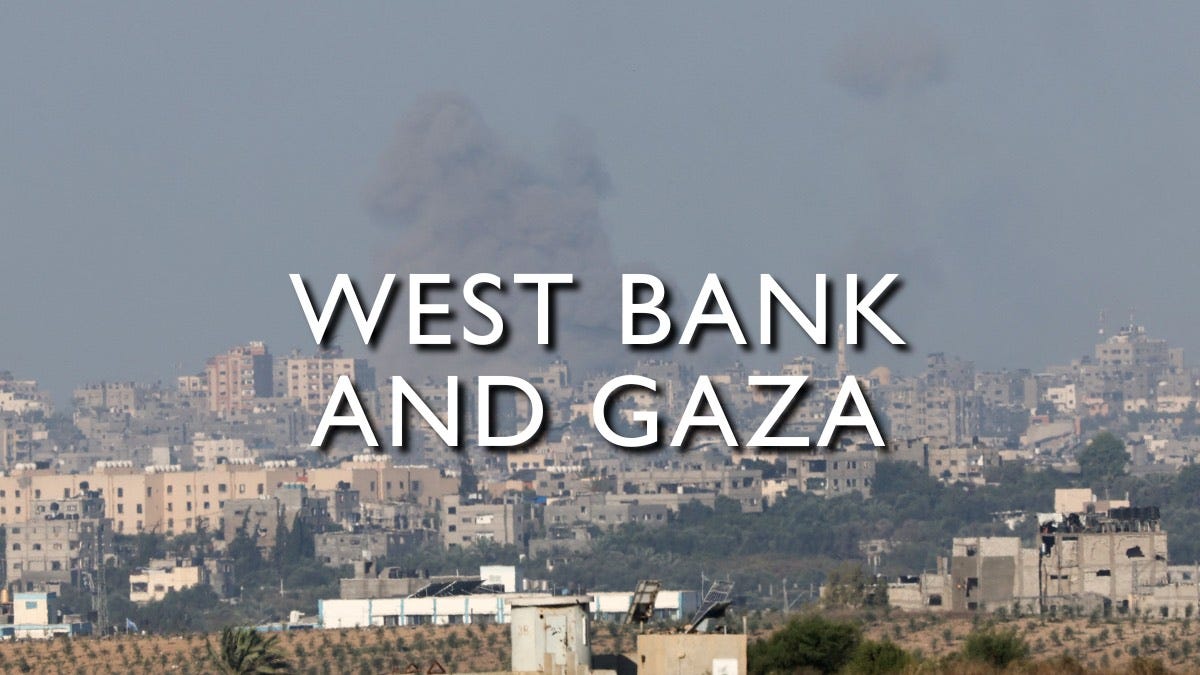2024 Annual Threat Assessment Report And Summary, Defense Budget Briefings
According to the US Intelligence Community, the United States faces a "fragile global order strained by accelerating strategic competition among major powers".
PENTAGON - The U.S. Intelligence Community has released the 2024 Annual Threat Assessment, and the U.S. Department of Defense held defense budget briefings.
According to the report, “During the next year, the United States faces an increasingly fragile global order strained by accelerating strategic competition among major powers, more intense and unpredictable transnational challenges, and multiple regional conflicts with far-reaching implications”.
The regional conflicts the report refers to include “An ambitious but anxious China, a confrontational Russia, some regional powers, such as Iran, and more capable non-state actors are challenging longstanding rules of the international system as well as U.S. primacy within it,” adding also the Gaza crisis, and attack on Israel by the Hamas terrorist organization.
The Gaza crisis, the report states, was “triggered by a highly capable non-state terrorist group in HAMAS, fueled in part by a regionally ambitious Iran, and exacerbated by narratives encouraged by China and Russia to undermine the United States on the global stage”.
“The world that emerges from this tumultuous period will be shaped by whoever offers the most persuasive arguments for how the world should be governed, how societies should be organized, and which systems are most effective at advancing economic growth and providing benefits for more people, and by the powers—both state and non-state—that are most able and willing to act on solutions to transnational issues and regional crises,” the report states.
The report also says that China has the capability to directly compete with the United States and its allies and alter the “rules-based global order” in ways that support Chinese power over the United States.
“China’s serious demographic and economic challenges may make it an even more aggressive and unpredictable global actor. Russia’s ongoing aggression in Ukraine underscores that it remains a threat to the rules-based international order,” the report said.
“Local and regional powers are also trying to gain and exert influence, often at the cost of neighbors and the world order itself. Iran will remain a regional menace with broader malign influence activities, and North Korea will expand its WMD capabilities while being a disruptive player on the regional and world stages.”
“Regional and localized conflicts and instability, such as from the HAMAS attacks against Israel and Israel’s subsequent invasion of Gaza, will demand U.S. attention as states and non-state actors struggle in this evolving global order, including over major power competition and shared transnational challenges,” the report continues.
“From this, conflicts and bouts of instability from East Asia to Africa to the Western Hemisphere—exacerbated by global challenges—have greater potential to spill over into many domains, with implications for the United States, U.S. allies and partners, and the world.”
It adds that “New opportunities for collective action, with state and non-state actors alike, will emerge out of these complex and interdependent issues”.
Global Economic Crisis And Food Insecurity Caused By Regional And Domestic Turmoil
Keep reading with a 7-day free trial
Subscribe to The Standeford Journal - News, Intel Analysis to keep reading this post and get 7 days of free access to the full post archives.








